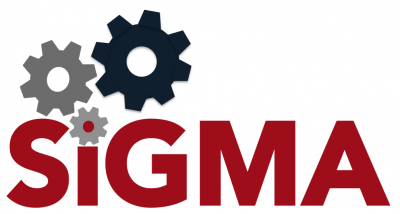Every PhD student must complete a Qualifying Exam in May of their first year. If you fail, you must retake the exam in January of the following year.
In the MAE Ph.D. program at Cornell the specific format of the exam can change from year to year, but in general the Q-exam is an oral examination of your basic knowledge in your field of interest given by a committee of three MAE professors.
Current exam choices for Mechanical and Aerospace are as follows:
- Solid Mechanics
- Biomedical Mechanics
- Dynamics and Control
- Design and Manufacturing
- Thermal Sciences
- Fluid Dynamics
The exam for Theoretical and Applied Mechanics (TAM) follows a separate format with a half-hour oral exam in each of the following three areas:
- Continuum Mechanics
- Dynamics
- Applied Mathematics
If you are unsure what exam best fits your research area, you should talk to your advisor, or to any of the professors you are interested in working with. Because the specifics of the exam can vary between years and between fields, we encourage you to visit the blog (link below).
Studying Tips
Typically, each incoming year of students separates into the sub-categories with solid and biomedical mechanics Q-Exam preparers studying together and fluid and thermal students studying together. It is recommended that these study sessions involve orally presentation of key concepts to your peers, while the peers serve the role of questioners. The purpose of this format is to improve oral presentation skills.
Another option is to serve as a Teaching Assistant in a course fundamental to the Q-Exam of interest. While less commonly done, this helps build a deeper knowledge of material through teaching.
SIGMA Mock Q Exams
Before each Q-exam the Sigma committee organizes mock Q-exams to help first year students prepare. The mock exams are given by senior graduate students in each field, and attempt to simulate the actual exam as best as possible. This should not be the only time or the first time you study, but instead should be considered as a dry run late in your studying to help you get comfortable presenting and to help you realize any final gaps in your knowledge.
To help you prepare, SiGMA collects study materials from students. This includes general resources, as well as a list of the questions that students were asked during their exams. You can find this, and more up-to-date detailed information about the Q-exam at the links below.
Useful Information
- ME/AE Qualifying Exam Rules (from MAE Associate Director blog)
- Q-Exam Study Materials
